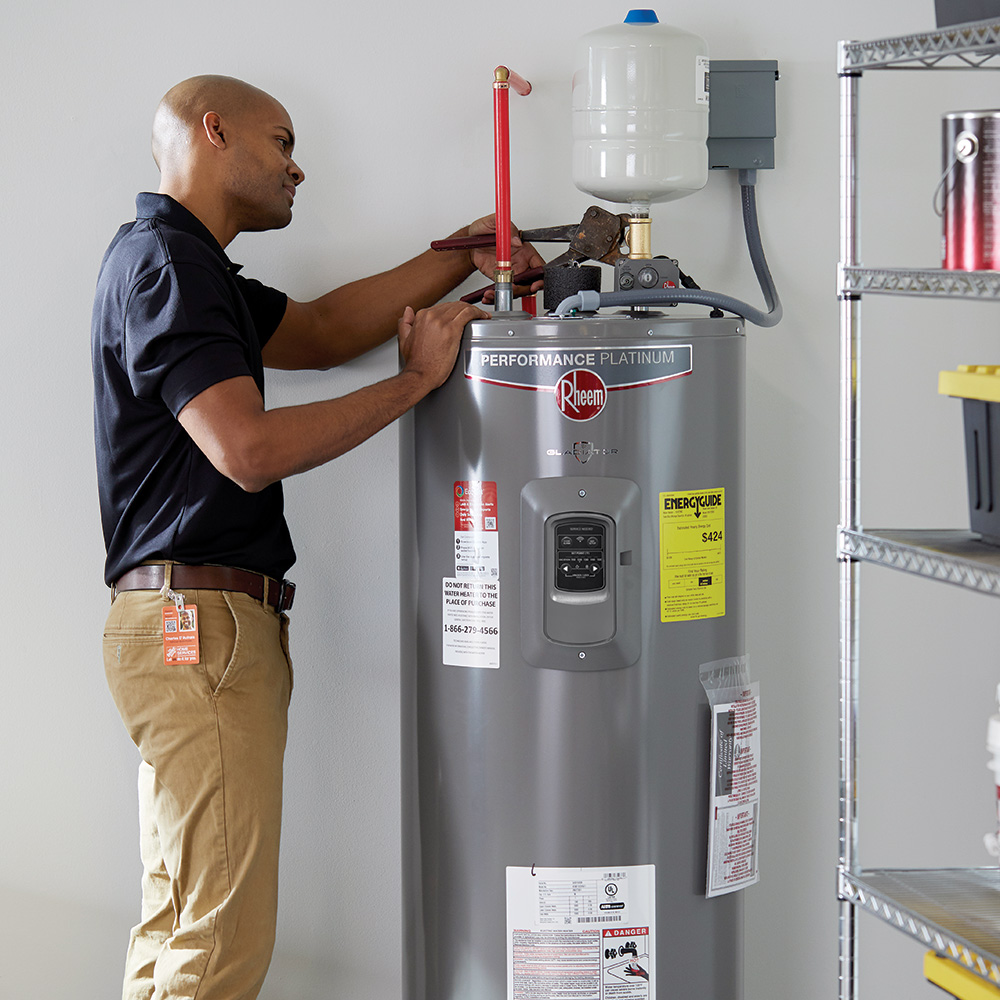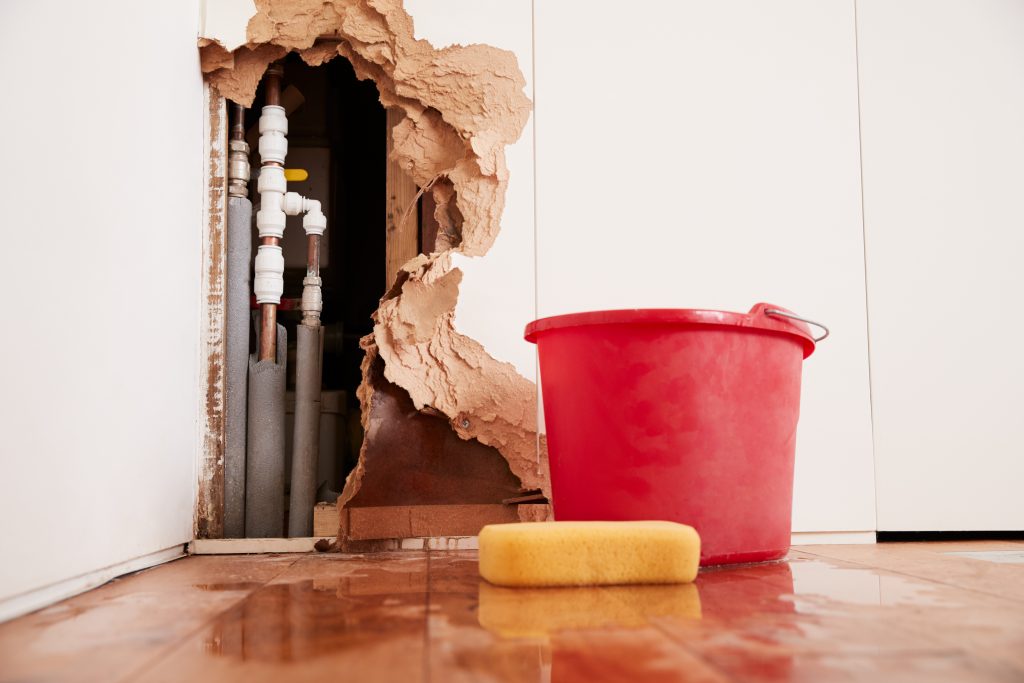We've unearthed the article involving Water Heater Repair and Troubleshooting down the page on the net and felt it made sense to share it with you over here.

Visualize beginning your day without your regular warm shower. That already establishes an inadequate tone for the rest of your day.
Every house requires a dependable hot water heater, but just a few know just how to manage one. One simple method to keep your hot water heater in top shape is to look for mistakes consistently and also fix them as soon as they appear.
Remember to turn off your water heater before sniffing about for faults. These are the water heater faults you are most likely to run into.
Water as well warm or too cold
Every water heater has a thermostat that determines just how hot the water gets. If the water entering your house is as well warm in spite of establishing a convenient maximum temperature, your thermostat could be faulty.
On the other hand, too cold water may result from a failed thermostat, a busted circuit, or inappropriate gas circulation. For example, if you make use of a gas water heater with a busted pilot light, you would obtain cold water, even if the thermostat is in excellent condition. For electrical heaters, a blown fuse may be the offender.
Warm water
Regardless of how high you set the thermostat, you will not get any warm water out of a heater well past its prime. A water heater's effectiveness might reduce with time.
You will certainly additionally obtain warm water if your pipelines have a cross link. This means that when you switch on a faucet, hot water from the heating unit streams in together with regular, cold water. A cross connection is very easy to place. If your warm water taps still pursue closing the hot water heater shutoffs, you have a cross connection.
Weird noises
There are at the very least five type of noises you can hear from a water heater, but the most usual analysis is that it's time for the hot water heater to retire.
First off, you ought to recognize with the typical appears a hot water heater makes. An electrical heating unit might appear various from a gas-powered one.
Standing out or banging noises typically indicate there is a piece of debris in your tanks, as well as it's time to cleanse it out. On the other hand, whistling or hissing noises might just be your shutoffs allowing some stress off.
Water leakages
Leakages could originate from pipelines, water connections, valves, or in the worst-case circumstance, the tank itself. Gradually, water will certainly wear away the storage tank, and also locate its escape. If this takes place, you require to replace your water heater asap.
However, before your change your entire container, make certain that all pipes remain in location and that each shutoff works perfectly. If you still need help identifying a leak, call your plumber.
Rust-colored water
Rust-colored water means among your water heater components is rusted. Maybe the anode pole, or the tank itself. Your plumber will certainly have the ability to identify which it is.
Insufficient hot water
Water heaters can be found in numerous dimensions, relying on your hot water demands. If you run out of hot water prior to every person has had a bath, your hot water heater is as well tiny for your family size. You should take into consideration installing a bigger hot water heater container or going with a tankless hot water heater, which uses up much less space and is extra resilient.
Discoloured Water
Rust is a major source of dirty or discoloured water. Rust within the water storage tank or a failing anode rod might create this discolouration. The anode pole secures the container from rusting on the within and must be inspected annual. Without a rod or an effectively working anode rod, the warm water rapidly rusts inside the tank. Call an expert water heater professional to establish if replacing the anode pole will certainly repair the issue; otherwise, replace your water heater.
Final thought
Preferably, your hot water heater can last 10 years prior to you need an adjustment. Nonetheless, after the 10-year mark, you might experience any of these faults a lot more consistently. At this point, you should include a new hot water heater to your budget plan.
How To Troubleshoot 3 Common Water Heater Problems in Twin Cities
The Water Heater Is Leaking
- A leaky cold water inlet valve
- A loose pipe fitting
- A leaky temperature and pressure relief valve
- A corroded anode rod
- A cracked tank
Turn Off Your Water Heater:
- Shut off your gas water heater by turning the gas valve on the unit to the “OFF” position.
- Shut off your electric water by switching its power off at your electrical panel. Look for a two-pole breaker labeled “water heater” and turn it to the “OFF” position. Move the ball valve connected to the water heater to be perpendicular to the piping at a 90° angle.
Look for the Leak:
Depending on whether the water is coming from the tank's top or bottom, you’ll want to look for the leak in different locations.
If the leak comes from the top of the tank, carefully look for water escaping from the cold water inlet valve or loose pipe fittings. Rusted hot and cold water valves can have loose connections with the tank, with water leaking out of them.
https://mspplumbingheatingair.com/blog/how-to-troubleshoot-3-common-water-heater-problems
I hope you enjoyed our topic on Common Problems with Tank Water Heaters. Many thanks for finding the time to read through our post. Do you know about another individual who is very much interested in the topic? Do not hesitate to promote it. We truly appreciate reading our article about Water Heater Repair and Troubleshooting.
For quick relief, contact!

.jpg)
